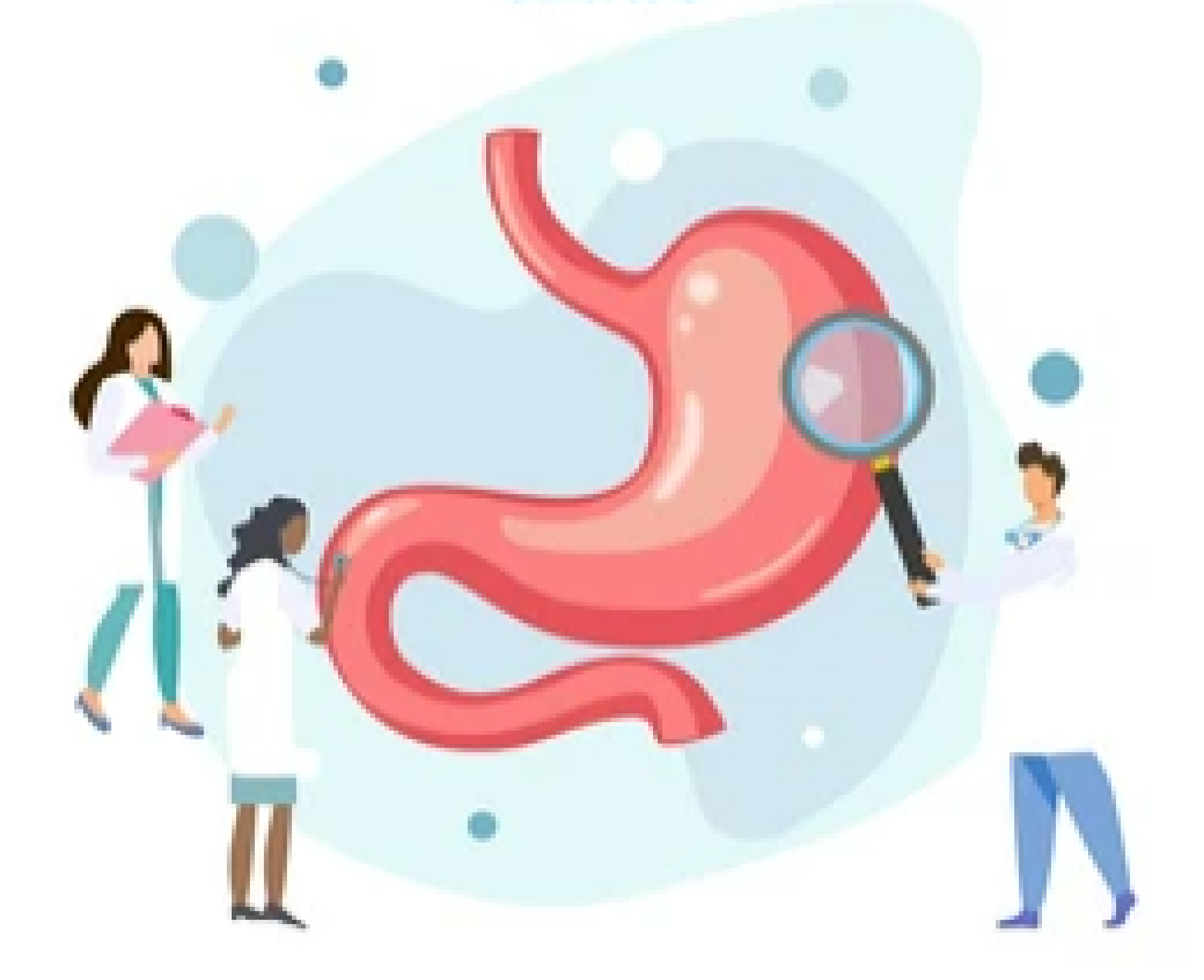Treatment of Gastroenteritis
If a gastroenteritis infection has been identified, refer symptoms to the registered nurse
• Assess for pain and dehydration
• Ensure the resident's fluid level is monitored, with a fluid balance intake/output chart
• Record intake and output once a shift, and monitor vital signs every 4 hours
• Administer medications to relieve symptoms if prescribed
• Allow the resident uninterrupted rest periods as part of the care plan
• Avoid quick movements if the resident is nauseated, which can increase the severity of nausea
• The resident should slowly drink electrolyte-balanced beverages
• Apply a barrier cream, such as petroleum jelly, to relieve anal irritation caused by diarrhoea
• Wash hands thoroughly after giving care
• Use standard and transmission-based precautions
• Isolate
• Provide the resident with information about gastroenteritis, including symptoms and causes
• Educate the resident on how to prevent the disease and hand washing
TreatmentIf the doctor has diagnosed mild diarrhoea, they may recommend taking a short course of anti-diarrhoea medication. The doctor may encourage avoiding anti-diarrhoea agents when symptoms are moderate to severe, as they may worsen gastroenteritis.
The doctor may prescribe anti-emetic medications that treat vomiting and nausea. Depending on the cause of gastritis, the doctor may prescribe antibiotics, although antibiotics are only required if bacteria or parasites are the cause.
|